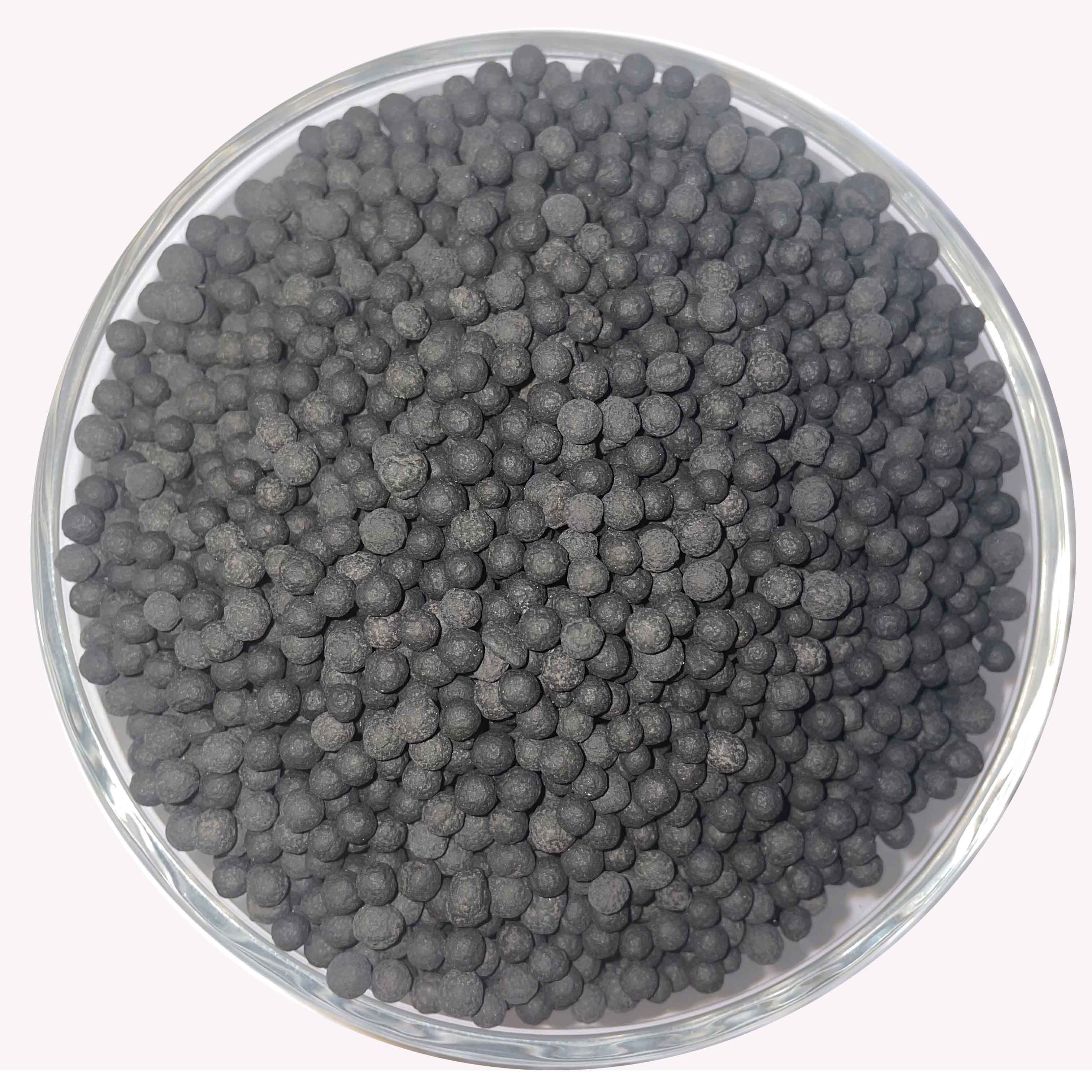
ส.ค. . 11, 2024 16:08 Back to list
Top Organic Fertilizers for Growing Healthy Tomatoes in Your Garden and Farms
The Best Organic Fertilizers for Tomatoes A Guide for Sustainable Gardening
Growing tomatoes is a rewarding endeavor for gardeners, and using the best organic fertilizers can significantly enhance the quality and yield of your crop. Organic fertilizers are derived from natural sources and are an excellent choice for those who prefer sustainable gardening practices. This article will explore the most effective organic fertilizers for tomatoes and how they can benefit your garden.
Understanding Tomato Nutritional Needs
Tomatoes are heavy feeders that require a balanced supply of nutrients, particularly nitrogen, phosphorus, and potassium (N-P-K). Nitrogen promotes leafy growth, phosphorus supports root development and flowering, and potassium enhances fruit quality and disease resistance. Ensuring your tomatoes receive the right balance of these nutrients is crucial for a bountiful harvest.
Benefits of Using Organic Fertilizers
Organic fertilizers improve soil structure, enhance microbial activity, and provide a slow-release source of nutrients. Unlike synthetic fertilizers, organic options do not leach away quickly, thereby reducing the risk of nutrient runoff into waterways. Furthermore, organic fertilizers typically improve nutrient retention in the soil, leading to healthier plant growth over time.
Top Organic Fertilizers for Tomato Plants
1. Compost Homemade compost is one of the best organic fertilizers you can use. It provides a balanced mix of nutrients and improves soil structure. Compost enriches the soil with organic matter, helping retain moisture and promoting beneficial microbial activity.
2. Manure Well-aged animal manure (such as cow, horse, or chicken) is an excellent source of nutrients. It’s rich in nitrogen and can significantly boost your tomato plants' growth. However, it’s essential to let the manure age properly to reduce the risk of pathogens.
best fertilizer tomatoes organic factories

3. Bone Meal This organic fertilizer is high in phosphorus, making it an excellent choice for promoting root development and flowering. Bone meal is particularly beneficial when planting tomatoes, as it establishes a strong foundation for healthy plants.
4. Fish Emulsion A liquid fertilizer made from fish waste, fish emulsion is rich in nitrogen and micronutrients. It’s an effective way to provide a quick nutrient boost to your tomatoes during the growing season. Dilute it with water and apply it as a foliar spray or soil drench.
5. Kelp Meal Kelp is a fantastic source of potassium and trace minerals. It promotes strong root growth and enhances the plant's resistance to disease. Kelp meal can be mixed into the soil or used as a tea for a nutrient boost.
6. Coffee Grounds An often-overlooked organic option, coffee grounds are high in nitrogen and can be worked into the soil to improve nutrient content. They also help enhance drainage and attract earthworms, which are beneficial for soil health.
Application Tips
When applying organic fertilizers, it’s important to follow recommended application rates to avoid over-fertilization, which can be detrimental to your plants. Generally, it’s best to incorporate fertilizers into the soil before planting or to apply them as a top-dressing during the growing season.
Consider conducting a soil test before applying fertilizers to understand your garden’s specific nutrient needs. This will help you customize your fertilization strategy, ensuring your tomatoes receive the right balance of nutrients for optimal growth.
Conclusion
Using the best organic fertilizers for tomatoes not only enhances the growth and yield of your plants but also promotes sustainable gardening practices. By choosing natural sources of nutrients and improving soil health, you can cultivate vibrant, resilient tomato plants that produce delicious fruits. Embrace organic gardening methods, and watch your tomatoes thrive!
-
10 10 10 Fertilizer Organic—Balanced NPK for All Plants
NewsJul.30,2025
-
Premium 10 10 10 Fertilizer Organic for Balanced Plant Growth
NewsJul.29,2025
-
Premium 10 10 10 Fertilizer Organic for Balanced Plant Growth
NewsJul.29,2025
-
Premium 10 10 10 Fertilizer Organic for Balanced Plant Growth
NewsJul.29,2025
-
50 Pound Bags of 13-13-13 Fertilizer for All Plants – Bulk & Organic Options
NewsJul.28,2025
-
High-Efficiency 15-30-15 Granular Fertilizer for Healthy Crops
NewsJul.28,2025
